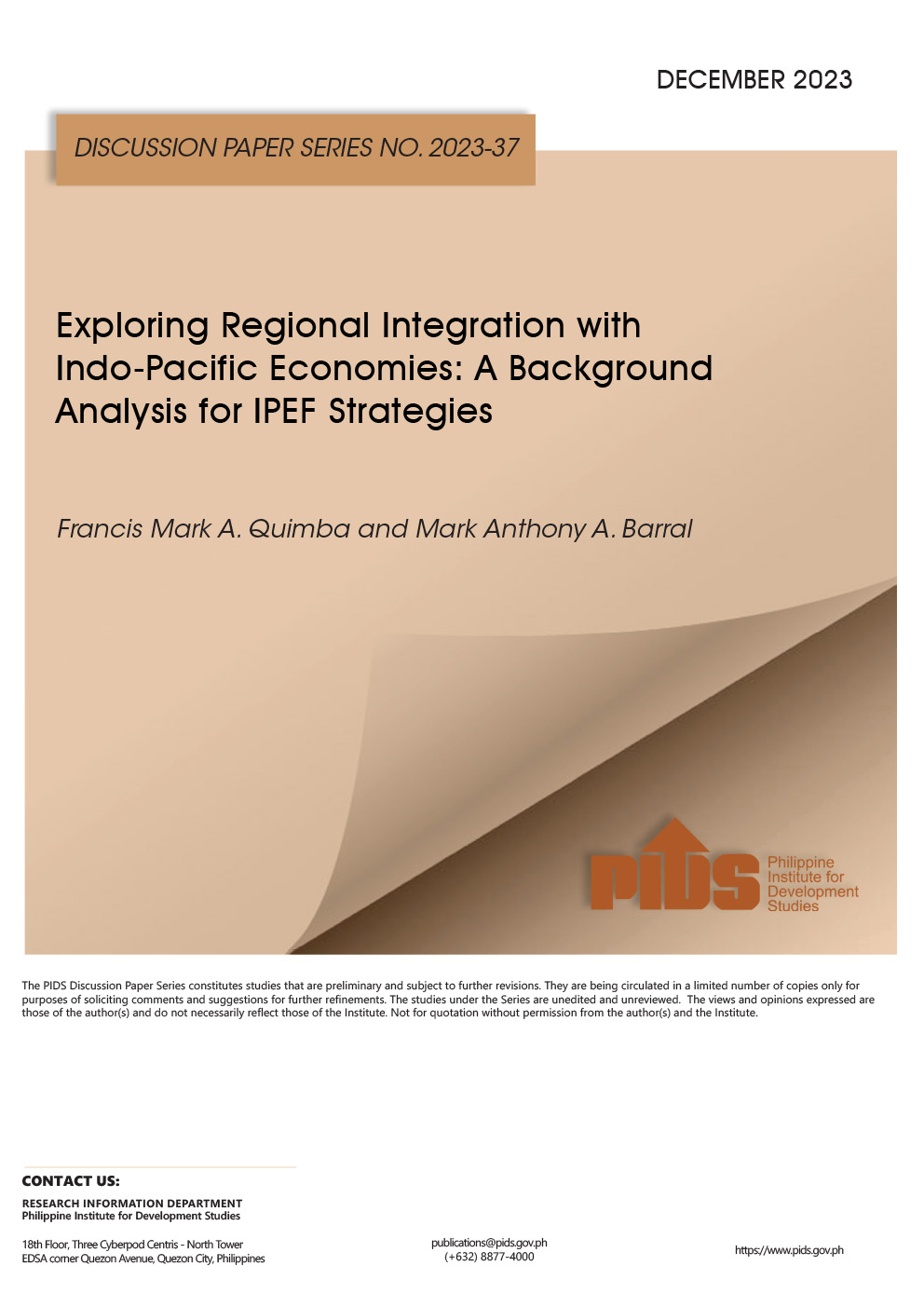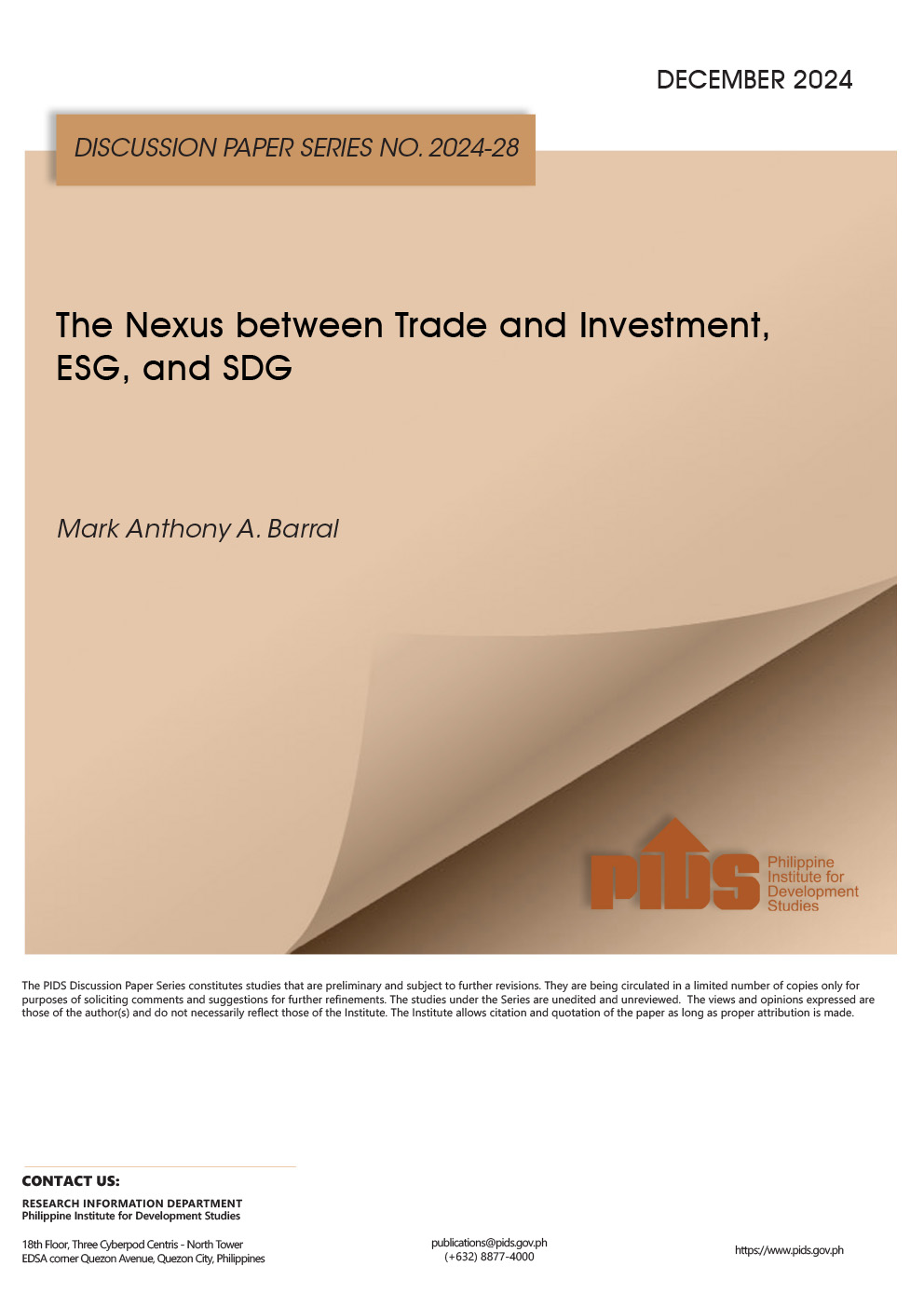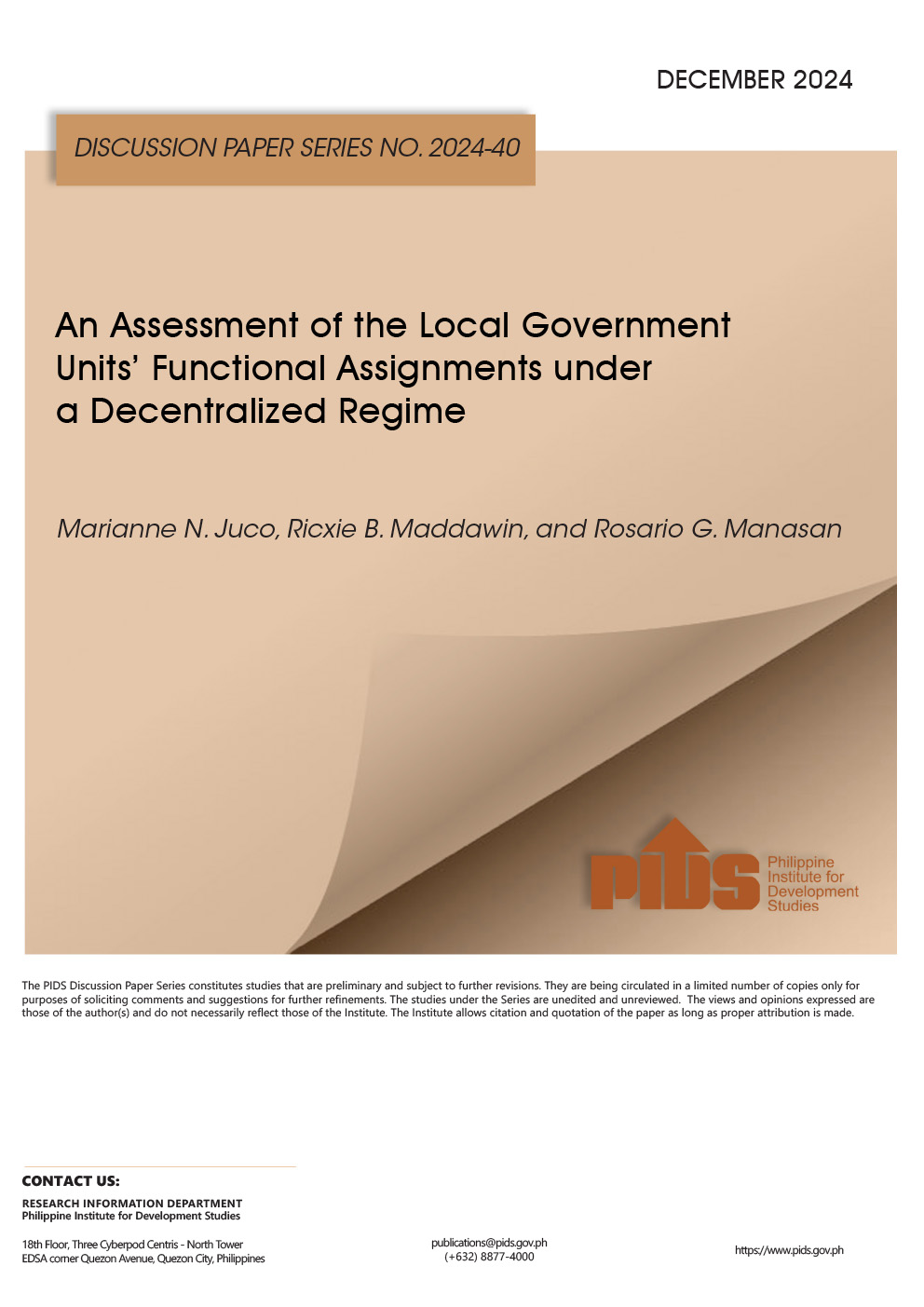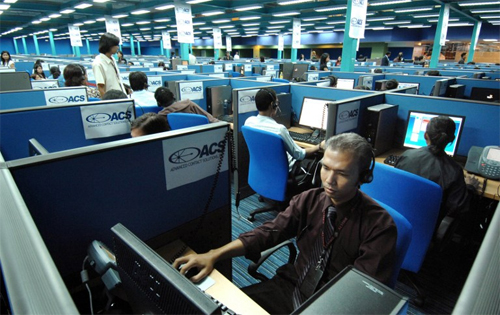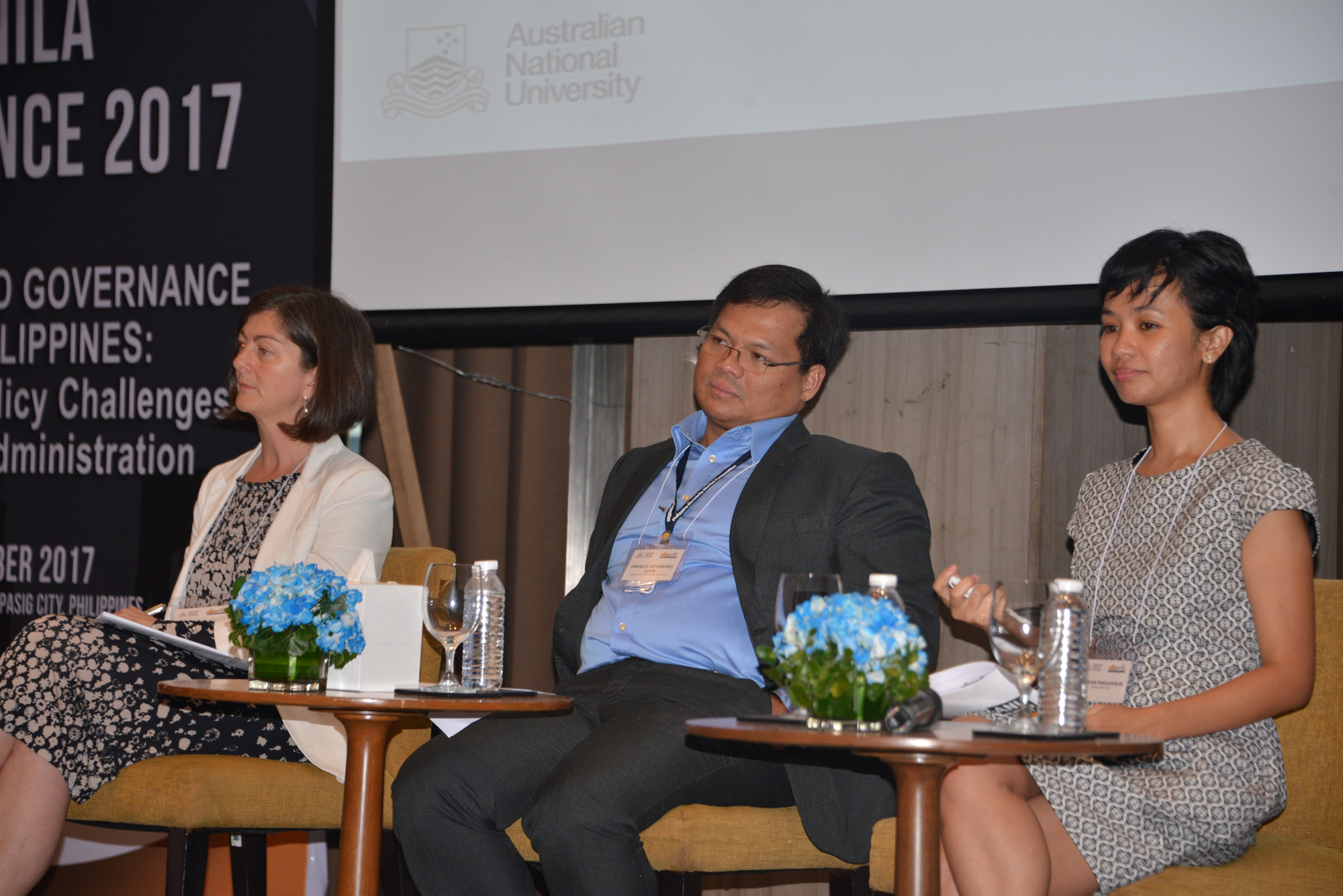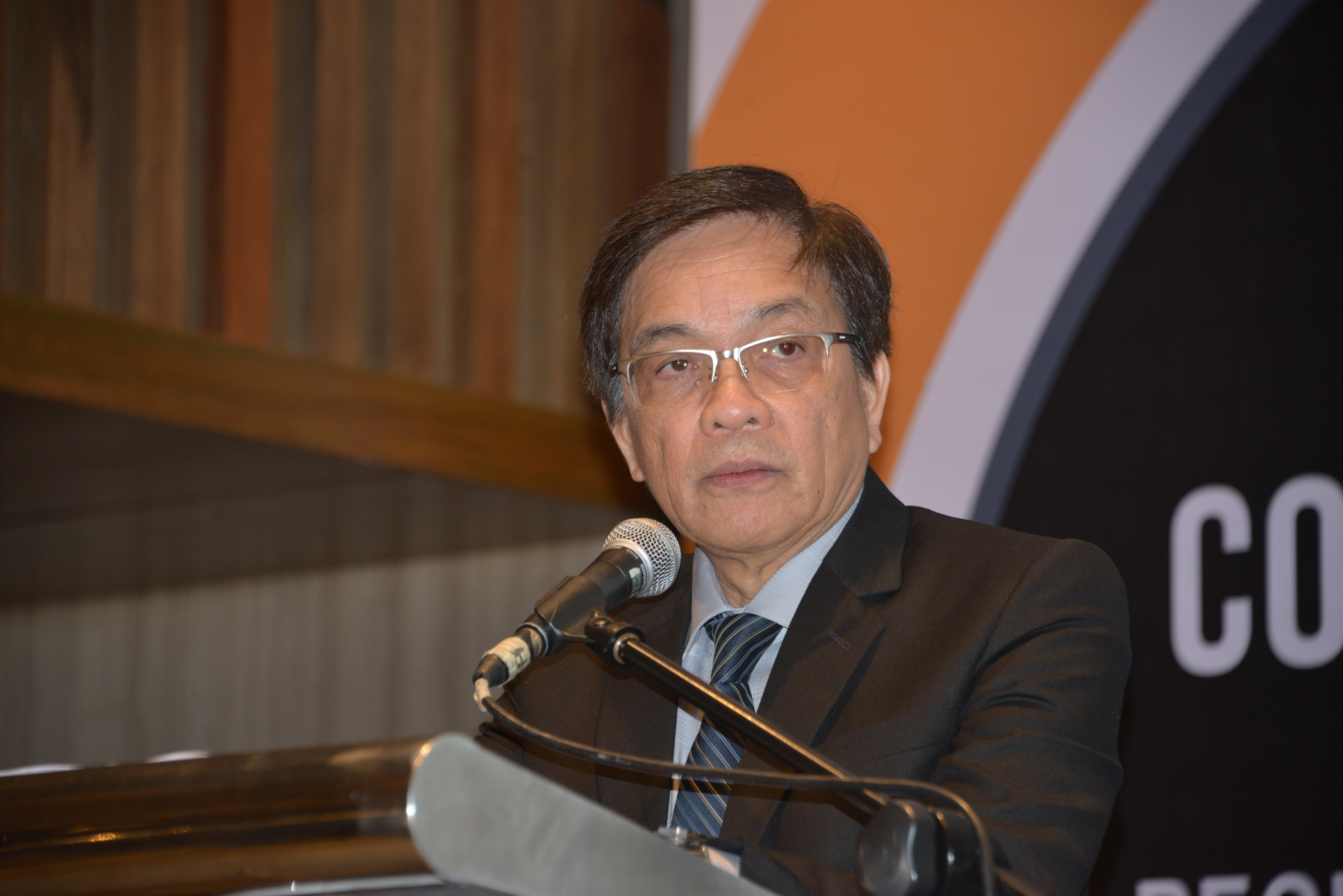
The Philippines should formalize its regulatory management system (RMS) for the business process outsourcing (BPO) industry to make it more investor-friendly, particularly for Australian businesses.
This, according to Dr. Gilberto Llanto, president of state think tank Philippine Institute for Development Studies (PIDS), is a crucial aspect to uncover regulations that unnecessarily burden firms and only contribute to increasing the cost of doing business in the country.
“The Philippines has the elements of a functioning RMS but has to do more serious work to make it formal and effective,” Llanto explained in his opening remarks during the Conference on Regulation and Governance in the Philippines: Development Policy Challenges for the New Administration held in Pasig City recently.
Australian Ambassador to the Philippines Amanda Gorely, who graced the event, said Australian businesses are increasingly identifying opportunities in the Philippine BPO industry due to high language skills and service-oriented culture of Filipinos.
“In recent years, there has been a rapid rise in the number of Australian BPO operations based here in the Philippines and they contribute to the Philippine gross domestic product,” Gorely added.
The Australian official explained the current setup benefits the people of both countries, as it allows Australian businesses, including their small and medium enterprises, to access cheap and qualified labor in the Philippines, while providing employment to Filipinos.
However, Llanto clarified that the Philippines, for its part, should also advance a good regulatory reform, which can provide a firm foundation for the country’s development agenda. Such reform can sustain the macro fundamentals that the Philippine economy currently enjoys, he added.
The PIDS official argued that the reform, such as the establishment of a formal RMS, will allow the country to cut the red tape, tackle regulatory inflation, and launch a “Regulatory Guillotine” project in the Philippines, a principle engineered by Scott Jacobs of the United States-based regulatory reform body, Jacobs and Associates.
Llanto added the country currently faces a challenge in establishing a strong central oversight body that systematically coordinates, checks for consistency, and reviews efforts on new regulations or amendments to existing regulations contemplated by different regulators.
He likewise called for the strengthened coordination between government agencies and business institutions through consultations to formalize RMS in the Philippines.
The said forum, sponsored by PIDS and the Australian National University in cooperation with the Philippine Competition Commission, aims to foster research collaboration between Philippine and Australian institutions and to produce policy-engaged research on salient economic, trade, political, and governance challenges in the Philippines. ###
This, according to Dr. Gilberto Llanto, president of state think tank Philippine Institute for Development Studies (PIDS), is a crucial aspect to uncover regulations that unnecessarily burden firms and only contribute to increasing the cost of doing business in the country.
“The Philippines has the elements of a functioning RMS but has to do more serious work to make it formal and effective,” Llanto explained in his opening remarks during the Conference on Regulation and Governance in the Philippines: Development Policy Challenges for the New Administration held in Pasig City recently.
Australian Ambassador to the Philippines Amanda Gorely, who graced the event, said Australian businesses are increasingly identifying opportunities in the Philippine BPO industry due to high language skills and service-oriented culture of Filipinos.
“In recent years, there has been a rapid rise in the number of Australian BPO operations based here in the Philippines and they contribute to the Philippine gross domestic product,” Gorely added.
The Australian official explained the current setup benefits the people of both countries, as it allows Australian businesses, including their small and medium enterprises, to access cheap and qualified labor in the Philippines, while providing employment to Filipinos.
However, Llanto clarified that the Philippines, for its part, should also advance a good regulatory reform, which can provide a firm foundation for the country’s development agenda. Such reform can sustain the macro fundamentals that the Philippine economy currently enjoys, he added.
The PIDS official argued that the reform, such as the establishment of a formal RMS, will allow the country to cut the red tape, tackle regulatory inflation, and launch a “Regulatory Guillotine” project in the Philippines, a principle engineered by Scott Jacobs of the United States-based regulatory reform body, Jacobs and Associates.
Llanto added the country currently faces a challenge in establishing a strong central oversight body that systematically coordinates, checks for consistency, and reviews efforts on new regulations or amendments to existing regulations contemplated by different regulators.
He likewise called for the strengthened coordination between government agencies and business institutions through consultations to formalize RMS in the Philippines.
The said forum, sponsored by PIDS and the Australian National University in cooperation with the Philippine Competition Commission, aims to foster research collaboration between Philippine and Australian institutions and to produce policy-engaged research on salient economic, trade, political, and governance challenges in the Philippines. ###

